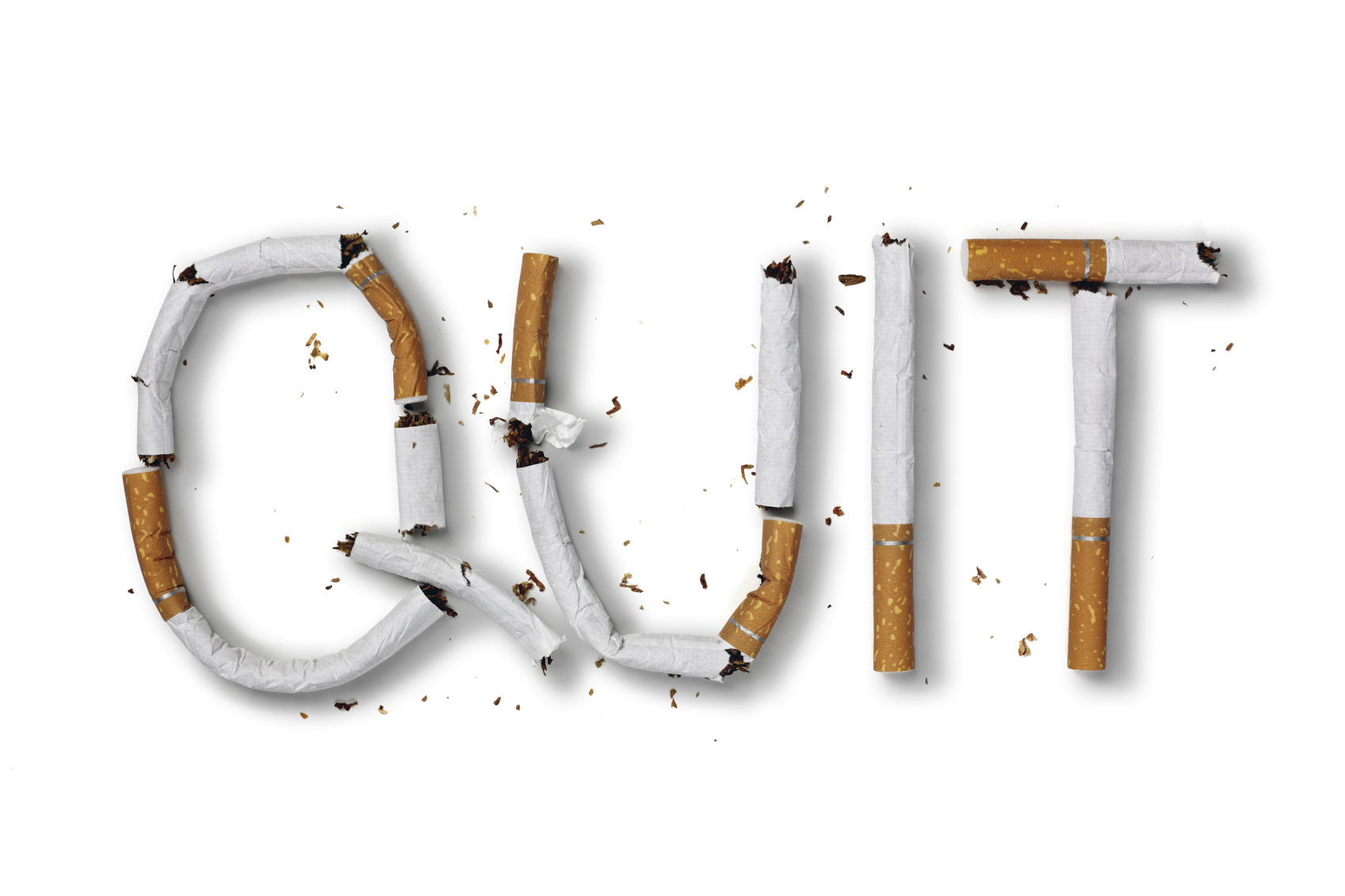Today is National No Smoking Day here in the UK, so there is really no better time to discuss how smoking can affect your mouth, teeth and gums, and why ditching the habit might just be the best decision you ever make for your oral health.
We appreciate that if you are a smoker, the past year will perhaps have been one of the most difficult periods in which to give up. All of us have been stressed and if we are honest a lot of us will have increased our reliance on the crutches which aren’t good for us, should that be junk food, alcohol or indeed cigarettes.
The flip side is that there has never been a time when quitting smoking would be most beneficial, as we have seen that people who have recovered fastest from Covid have been the ones who are healthy, fit and don’t smoke.
Everyone knows by this point that smoking is bad for your lungs, but less people are aware of the myriad of damaging effects that tobacco consumption has on your mouth! On a purely aesthetic level, the nicotine and tar found in cigarettes can discolour your teeth, leaving unsightly yellow or brown patches on the tooth surface which can be impossible to remove without our professional help. If you’re a heavy smoker, however, discolouration is the least of your teeth’s problems.
Whenever cigarette smoke is taken into the mouth, saliva flow is immediately disrupted- this causes your mouth to dry out significantly, and a dry mouth is exactly what harmful bacteria thrive in. Saliva is actually extremely important in maintaining a healthy mouth, and a lack of it means that bacteria can stick to your teeth and gums with ease. Dry, bacteria filled mouths are a leading cause of a host of oral diseases including gingivitis and periodontal disease, and because of this, smokers are three to six times more likely to develop these diseases. Bad breath is a common symptom of dry mouth, and a lack of saliva also means that plaque can form far quicker on your teeth, and if not removed daily, this plaque can harden into tartar, a substance that is not only unsightly but can irritate and swell your gums, leading to- you guessed it- gum disease.
Now, let’s address the elephant in the room- Cancer. Along with alcohol, tobacco is the largest risk factor for oral cancers. Mouth cancer is largely a lifestyle disease, meaning that the majority of cases are related to the use of either tobacco or alcohol. Now’s the time for some statistics: firstly, approximately 90% of mouth cancer sufferers are tobacco users, compared to 87% for lung cancer. Smokers are 6 times more likely than non-smokers to develop mouth cancer which rises to a whopping 50 times if you are a user of chewing tobacco, and studies have shown that cancer recurrences are 30% more common if the patient continues to smoke after the first cancer is treated.
All of this information isn’t meant to scare you (for the most part) but inform you how much healthier you’d be without smoking. Obviously, we believe that the best thing for your oral health would be to quit smoking completely, but we’re not blind to the difficulties that come with giving up. Simply halving your daily tobacco intake will reduce the risk of all of these issues, and maintaining a regular hygiene routine will go some way to preventing plaque build up and bad breath. If you’re serious about quitting, schedule an phone consultation with your GP (most are offering this as an alternative to appointments in this Covid era) as there are loads of great quitting aids available on the NHS. If you have any oral health issues, smoking related or otherwise, don’t hesitate to book an appointment with us at London Holistic Dental Centre- just call Laune on 020 7487 5221.


